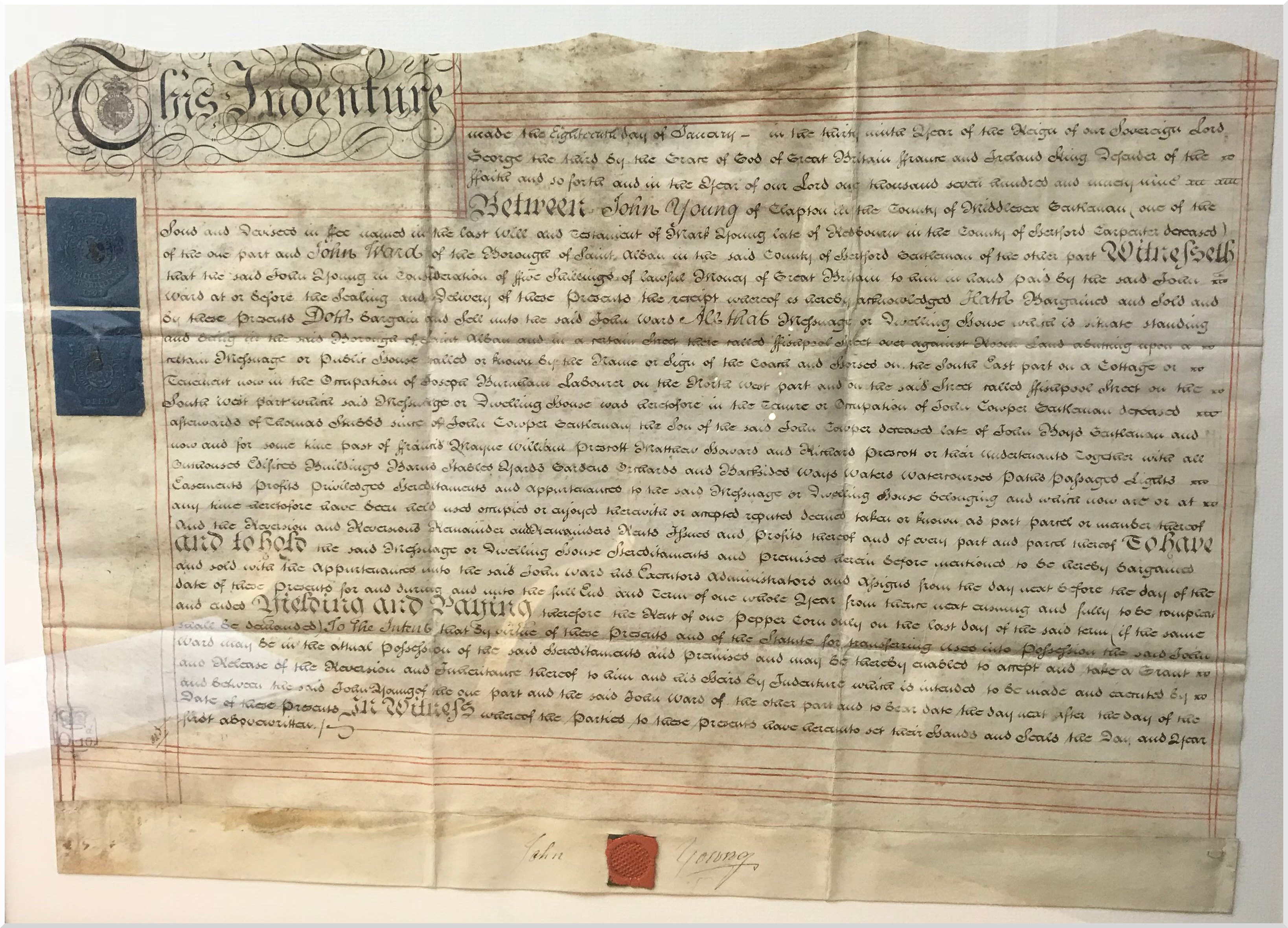Islamic Ceremony was not a legal Marriage
So said the Court of Appeal recently in overturning a judgment from 2018, which had found that a couple married in an Islamic ceremony could legally divorce under English law. The case could have major implications for future judgements on marital rights.
In 2018 the High Court ruled that the “nikah” ceremony held as part of an Islamic wedding between Nasreen Akhter and Mohammed Shabaz Khan in 1998 fell within the scope of English marriage law. The couple separated in 2016 without an additional civil marriage ceremony taking place, but Mr Khan attempted to block his wife’s divorce petition on the grounds that they had never been legally married. Mrs Akhter meanwhile contended that since her Islamic marriage was deemed to be valid under English law by the High Court ruling so was her application for divorce, and that she should receive the same protection and settlement given to other legally married UK couples.
The original judgment by Mr Justice Williams in 2018 ruled that the Islamic marriage fell within the scope of the 1973 Matrimonial Causes Act, and so the application for divorce by Mrs Akhter was valid. This decision has now been overturned in the Court of Appeal, declaring the Islamic marriage to be “invalid” under English law. The new judgment described the marriage as a “non-qualifying ceremony” since it was not held in a building registered for weddings, no marriage certificates had been issued, and no registrar had been present.
After the new ruling Charles Hale, Barrister for Mrs Akhter, said: ‘Thousands of…usually Muslim women, believe that they lawfully marry in this country each year by undertaking a religious ceremony only. Many of them…do not know…that they are not in fact lawfully married in accordance with the laws of England and Wales. This means that many have absolutely no rights at the end of what they believe to be their ‘marriage’. No rights to assets in the husband’s sole name, and no rights to maintenance, even if, as with Mrs Akhter, they were married for 18 years.’
Given the current law on marriage leaves parties to a religious ceremony so exposed financially following relationship breakdown, this will not be the end of the road for this issue. A change in the law is long overdue and must surely be on the horizon.
At Bretherton Law we know that it can be stressful and complicated when relationships break down, so turning to an experienced Family Law Solicitor is the sensible choice. We have been helping families with changes in their circumstances for over 50 years, and have built an enviable reputation for our professional service and honest advice. We are members of Resolution and Accredited in Family Law by the Law Society.
Call our family law specialist solicitor Atifha Aftab on 01727 869293, or make an appointment via online services.





